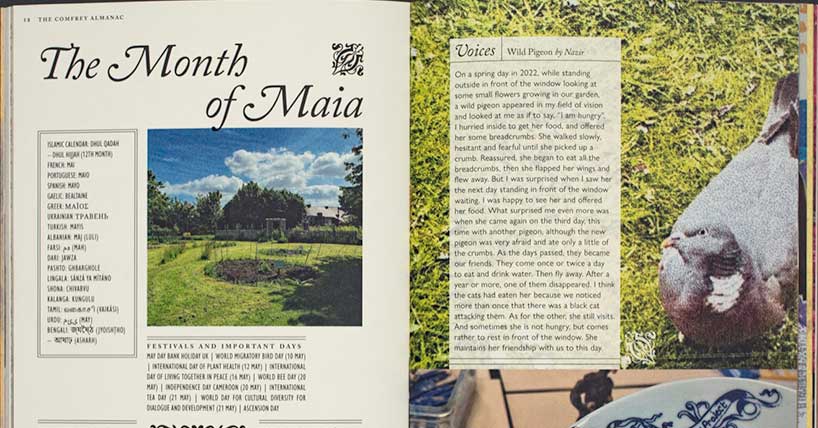Peatland strategy
New research highlights what farmers want from new peatland strategy
Published on: 24 August 2020
New research suggests the planned peatland grant scheme needs to ensure that farmers and land managers have the right level of funding and greater control than previous schemes in order to succeed.
Funding and flexibility
As Defra prepares to announce England’s largest ever peatland restoration scheme as part of its Nature for Climate Fund, new research commissioned by Natural England from Newcastle University suggests the planned grant scheme needs to ensure that farmers and land managers have the right level of funding and greater control than previous schemes in order to succeed. The new Nature for Climate Fund is expected to be a key part of Defra’s delivery of the England Peatland Strategy that is due to be launched later this year.
Professor Mark Reed, who led the research, said: “Payment levels will need to increase substantially if the new scheme is to attract significant numbers of new entrants, and reflect the value of public goods we enjoy in society from well managed peatlands.
“Overly prescriptive policies feel condescending at best and manipulative at worst. Therefore, policies need to target the competent majority, giving them flexibility to use their expertise to deliver outcomes that fit with local circumstances, and with training and support given to those who need it.”
While money is important, the research showed that land managers are also attracted to schemes for other personal and social reasons, for example if schemes enable them to collaborate with others, contribute to their local community or engage in activities that increase their sense of personal connection to the landscapes they manage.
Dr Regina Hansda, who conducted interviews and workshops with land managers across England, explained: “Land managers need to feature in the forthcoming England Peatland Strategy in ways that feel consistent with how they see themselves, for example as custodians and innovators, or diversifying into schemes that enhance their natural assets, rather than as park rangers who are saving the climate. Policies that appear to ask people to change their personal values and beliefs create instinctive opposition.”
The research also suggested that the private sector could play a more significant role in paying for peatland restoration if Defra’s new scheme is designed to leverage investment from companies and investors interested in mitigating climate change. There has been a significant growth in interest from the private sector in natural capital schemes over the last year, with no sign of recession slowing this down. The researchers suggested it would be crucial to work with people who are known and trusted by the land management community, to explain the risks and benefits, if significant amounts of private funding are to reach these often remote communities.
The research was part of Natural England’s Peat Pilots programme, researching and testing policy options for the England Peatland Strategy in Dartmoor, the East Anglian fens, Greater Manchester Combined Authority, Cumbria and Northumberland, and the North York Moors. Naomi Oakley, Principal Advisor for Natural England, leading the Peat Pilots project responded to the research: “This report has provided important evidence that has informed the development of a peatland strategy and grant scheme that will be attractive to land managers and so help us deliver our net zero emissions targets.”
Clifton Bain, Director of the International Union for the Conservation of Nature’s UK Peatland Programme commented: “In the face of environmental emergencies we urgently need a green recovery where peatlands are properly valued and appreciated. This report shows that with the right level of public and private funding support, managing the land for healthy peatlands will be seen as an asset by land managers and wider society.
“We have the opportunity now to shape our future in a way that avoids the costly impacts of damaged peatlands and sets a new long term future where managing land sustainably becomes the default option.”
Amanda Anderson, Director of the Moorland Association, said: “I congratulate the authors of this report for getting properly under the skin of real farmers and land managers in our uplands and understanding what motivates them.
“By harnessing the innate passion and drive of grouse moor owners and sheep farmers to leave their moor in a better condition for the next generation, coupled with their specialist knowledge and sense of place, peatland restoration at a landscape scale and pace is very achievable. Red tape needs to be cut away and clunky systems streamlined putting the land manager at the heart of decision making.”
Join a webinar Q and A with the report authors on 14th September from 13:00-14:00.




